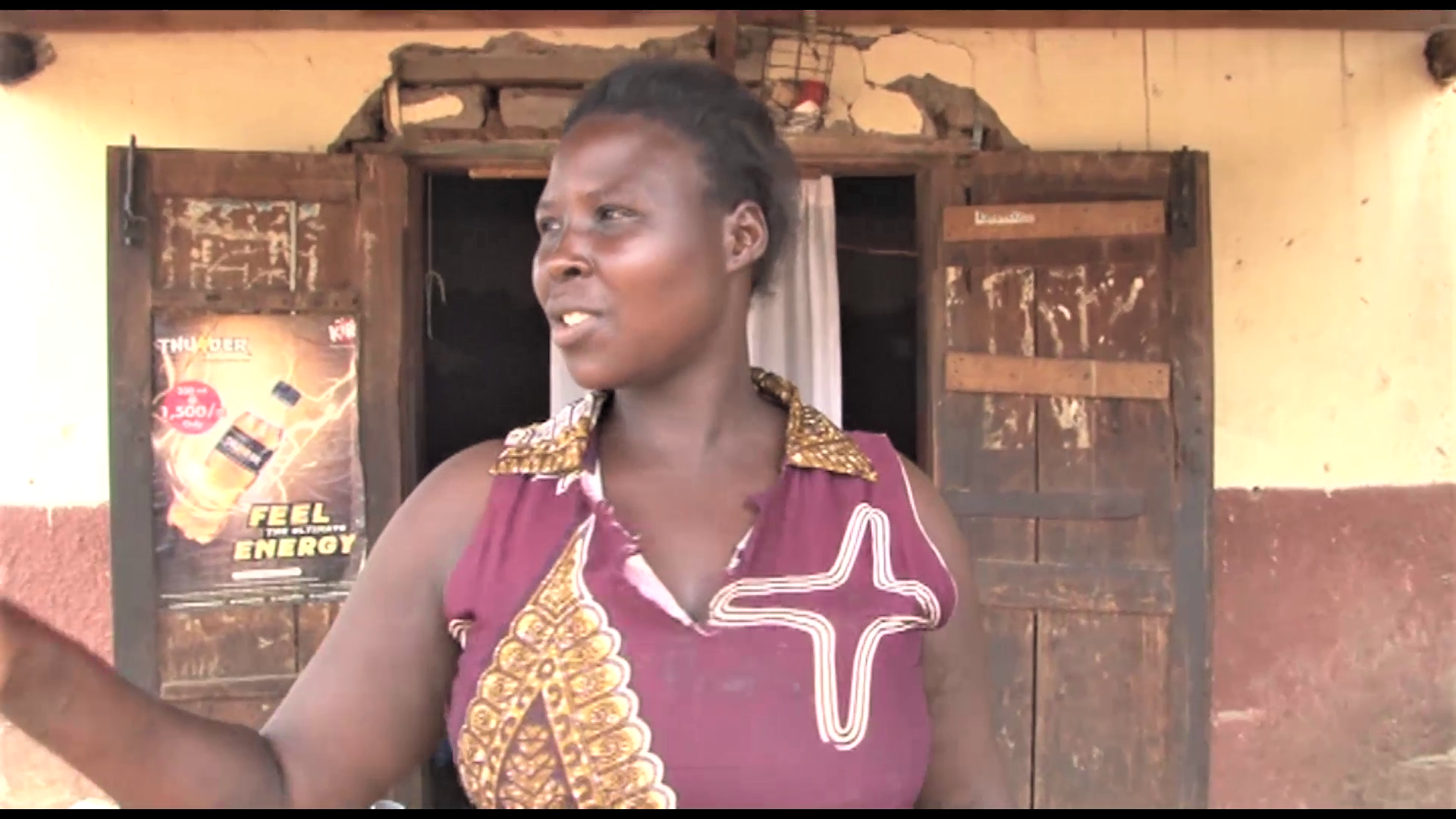This touching story was told by Adgidiru Regina in an interview. Regina is a mother of three girls. She divorced her husband after a misunderstanding; she went back to her father’s home in Madi Okollo Arua district, where she has now settled peacefully.
While here in Madi Okollo town, a small community business town along Nebbi-Arua highway, Adgidiru prepares food at her local restaurant in Madi Okollo trading center to earn a living, from which she has also managed to acquire a piece of land. She can now cater for her three girl children including educating them. I found her busy working at her food stall.
Adgidiru has also taught her girls how to cook, a skill she also learnt from her mother. The girls now help her handle particular areas to attract more customers. One of the daughters makes Chapati, one of Uganda’s delicacy cakes, and another washes dishes.
But given the fact that land ownership is a critical issue in Uganda, especially affecting women, I sought to find out from Adgidiru Regina whether she owns land and how land issues are handled traditionally in Madi.
Madi culture seems not different from most cultures in Uganda on issues of land ownership; a widow still in the marriage home with her children is entitled to utilize the land freely but not to own it. It is considered to be for the children of that home, unless she, together with the husband purchased the land.
This means a woman to own land in marriage is still a big challenge. Even in divorce the women has no property to own from her spouse. She walks away with nothing back to her parents.
But even at ancestral home the girl child is given land only for use, but not to own as her family share.
The other challenge is the writing of a will; this is still weak in most cultures as parents believe culturally that once a father writes a will, it means he is numbering his days to die very soon. And therefore no one would wish to go through this seemingly scaring moment of writing a will early.
